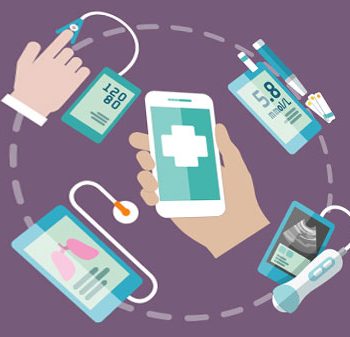
Shared Medical Records: what are they and can they help you?
Every time you use an NHS service, a record is created detailing the reason for the visit, any procedures carried out, advice given, medication prescribed and so on. These records should contain every detail regarding your health including:
- Information about allergies
- Treatments received or ongoing
- Your medicines
- Any reactions to medications in the past
- Any known long-term conditions, such as diabetes or asthma
- Medical test results such as blood tests, allergy tests and other screenings
- Any clinically relevant lifestyle information, such as smoking, alcohol or weight
- Personal data, such as your age, name and address
- Consultation notes, which your doctor takes during an appointment
- Hospital admission records, including the reason you were admitted to hospital
- Hospital discharge records, which will include the results of treatment and whether any follow-up appointments or care are required
- X-rays
- Photographs and image slides, such as magnetic resonance imaging (MRI) or computerised tomography (CT) scans
- the medicines you are taking
- your allergies
- bad reactions you may have to certain medicines




